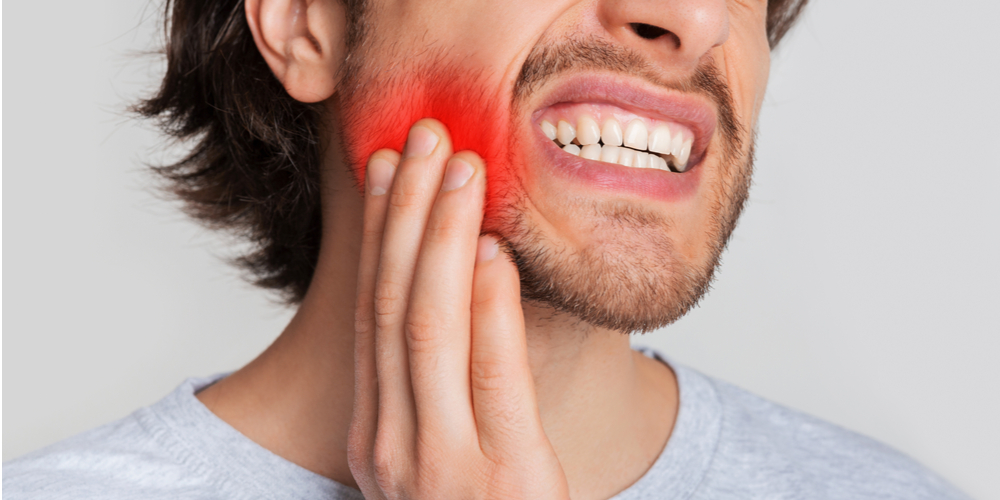
There are a number of reasons why your gums might bleed.
The development of the most basic form of gum disease “gingivitis ” will cause your gums to bleed. In cases of gingivitis the gums become inflamed because plaque has not been properly removed from parts of the teeth which are adjacent to your gums. Plaque is formed on teeth when you eat sugary or starchy foods and needs to be removed by brushing and flossing otherwise it can lead to gingivitis.
Gingivitis is easily cured but if it is left to progress it might lead to periodontitis. This serious form of gum disease also causes the gums to bleed, more severely than in cases of gingivitis. Periodontitis is an inflammation of the gums and the jaw bone and can lead to tooth loss.
An infection in the mouth might cause your gums to bleed. This can be related to your teeth or your gums themselves.
If you suffer from an injury then your gums might bleed. Gums are sensitive and any accident which affects your mouth might cause your gums to become damaged and begin to bleed.
Bleeding gums might simply be caused by overly vigorous brushing. Everybody’s gums are different and some gums can cope with harder brushing than others. Generally, however, the gum is a sensitive tissue that needs to be treated carefully. Tooth brushes are available in a variety of levels of hardness and your dentist might advise you that you need to be using a brush with a softer bristle so that your gums are not aggravated by the process.
Flossing can cause your gums to bleed too. If you are new to flossing then you might find that the pulling of the floss against your gums between your teeth can cause them to bleed. This ought to stop the more you floss but if you are flossing with too much force then you might find that you continue to bleed. If this is the case then you should be more careful with your flossing in order not to damage your gums.
If you have a bleeding disorder such as haemophilia then your blood has difficulty clotting and you might find that your gums are more prone to bleeding that does not stop. The same is true if you are undergoing hormonal changes which can affect your blood. Those who are taking any blood thinners (aspirin for example) might find that they are more prone to bleeding gums. Any bleeding resulting from these causes is not a matter of having unhealthy gums as such but you ought to take extra care of your gums if you fall into the categories outlined in this paragraph.
Other related conditions which might cause the gums to bleed include scurvy and leukaemia. The advice here is the same as above: these are not strictly matters of your gums being unhealthy but you should take extra care of them as you will be more likely to develop gum disease.
If you are someone who wears dentures then they might cause your gums to bleed. Dentures can subject your gums to a huge amount of friction and wearing them all day as they move around while you eat and talk, they might rub against your gums in a way that causes bleeding. Thankfully, dentures have improved and dentures which produce less friction against the gum are now widely available. Over time, your gums ought to become hardened to the friction caused by dentures and if the bleeding is showing no signs of stopping then you ought to contact your dentist.
